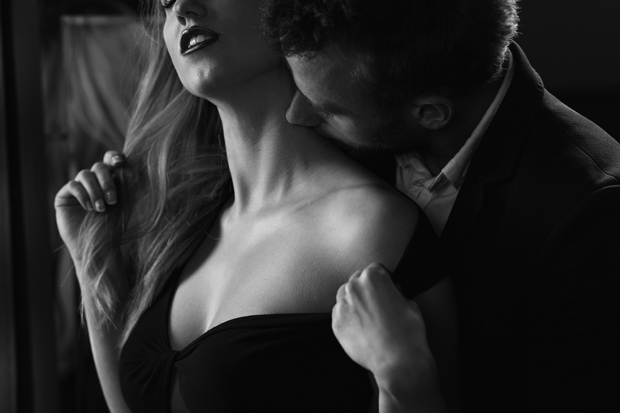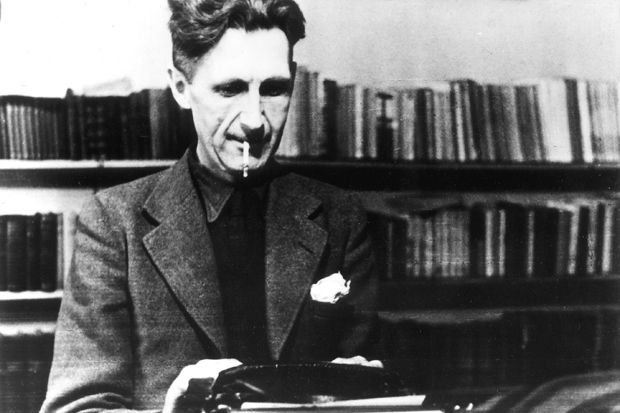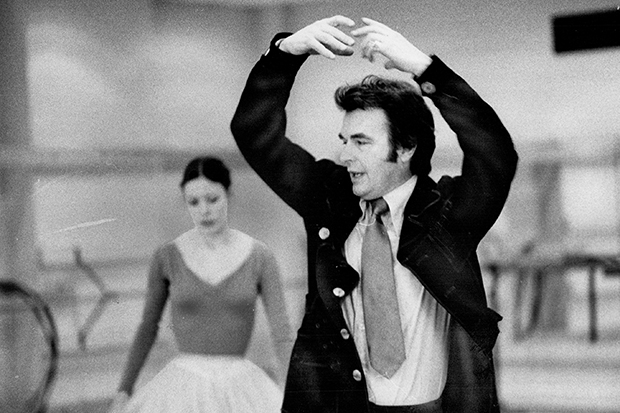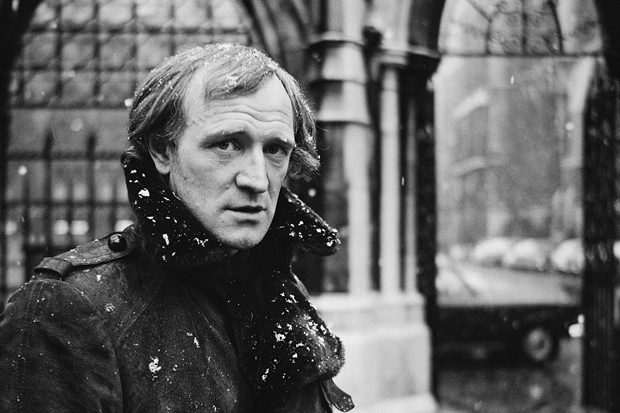A short-story renaissance has been promised since 2013. That year Alice Munro won the Nobel, Lydia Davis won the Booker International, and George Saunders’s bestselling collection The Tenth of December won the Folio Prize. The rise of the form was declared, but it is mainly now that we’re reaping the harvest.
Established novelists such as Philip Hensher, Mark Haddon and Lucy Caldwell have recently published collections. But perhaps we’d get a better sense of where the form is at present by looking to those who’ve recently announced themselves in it.
Twenty-five-year-old Daisy Johnson’s excellent debut is set in the precarious and artificial landscape of the East Anglian fens: marshland that has, against its will, been drained and made hospitable to humans. In Fen, this unstable landscape exerts an otherworldly influence over its inhabitants. Anorexic girls turn into eels. A house becomes jealous when its teenage inhabitant falls in love. Women lure men from dating sites to their house and eat them.
Fen has been compared to the stories of Angela Carter, but for me it recalls the poetry of Robin Robertson, known for reframing myths in a familiarly bleak British climate. Johnson taps into a similar folk tradition: dingy, craggy, loamy. These stories could stop at their central arresting details but often the ‘turn’ has yet to come. The teenager’s girlfriend betrays her with the lovesick house, turning the story into a wryly juvenile love triangle. The man-eating women in ‘Blood Rites’ wake ‘with a strangeness inside us we could not identify’: they develop a type of remorse. Strange indeed.
The stories themselves metamorphose from traditional short story into something else and back. The typical in them sticks with you as long as the oddness. The man-eaters listen to Leonard Cohen. In ‘Birthing Stones’, a busy woman who also happens to be made out of fen clay reads Madame Bovary and longs for escape. The inhuman is shown to be very human.
The Australian author Abigail Ulman’s debut Hot Little Hands covers similar ground in terms of female experience, but stays firmly in our precarious real world, where the dangers are human trafficking, child abuse and arbitrary deportation. In the opening story ‘Chagall’s Wife’, a teenager runs into her teacher outside school and decides to seduce him. Though not oblivious, she doesn’t quite understand the uneasiness she provokes and that Ulman evokes: the wariness of the adult man being seen with her; the looks others give them. Sheltering in a cinema from rain, they are glared at by a woman, ‘as though we should be paying for the privilege of taking refuge in her dim little foyer’. Of course, that’s not what the glare contains.
In ‘Same Old Same As’, another teenager becomes popular at school after accusing her stepfather of molesting her. The event might or might not have occurred. Ulman shuttles the reader from one belief to another, and it’s hard to imagine a more thorough but also ambiguous treatment of the murky subject. The stories about adults, usually in hip San Francisco or New York, are less engrossing. It seems that Ulman works best in the thick of worrying moral compromises.
Converting the ore of the very banal into the truly interesting currency of realism is something that even many well-received authors find difficult. Rebecca Schiff — whose collection The Bed Moved deals with the milieu in which Ulman’s writing isn’t completely at ease — has a gift for it.
Some of these stories were first published in the edgy American journal n+1, and their voice is related to writers like Sheila Heti and Ben Lerner. Schiff’s buzzy, concisely wise style is a perfect medium for the trappings of womanhood in modernity: dating sites, online message boards, web-cam sex shows. Like Lerner and Heti’s, Schiff’s educated middle-class characters feel that modern life doesn’t offer high enough stakes, and want to go headlong into the authentic. They become ‘trauma groupies’: in ‘The Lucky Lady’, women fall for a charismatic cancer sufferer; in another, the narrator dates World Trade Center survivors.
But Schiff is at her funniest when articulating first-hand grief. In ‘http://www.msjiz/boxx374/mpeg’, the narrator’s mother
kept my father’s computing magazines by his side of the bed, in case he came back to life and needed to order some outdated PCs. She kept his diabetic candies on top of the computing magazines, in case he came back still diabetic.
Schiff’s prose is loaded with cadences, pitfalls and punchlines. Even when the stories feel gauche or too cute, Schiff herself is always electrifying.
The purity of the short form can sometimes feel forbidding: the withholdings, the satisfying stories about dissatisfaction. But this crop of collections, covering similar ground, shows a variety of approaches to shaking up this pristineness in the modern world.
The post Murky subjects, misty settings appeared first on The Spectator.
Got something to add? Join the discussion and comment below.
Get 10 issues for just $10
Subscribe to The Spectator Australia today for the next 10 magazine issues, plus full online access, for just $10.
You might disagree with half of it, but you’ll enjoy reading all of it. Try your first month for free, then just $2 a week for the remainder of your first year.














Comments
Don't miss out
Join the conversation with other Spectator Australia readers. Subscribe to leave a comment.
SUBSCRIBEAlready a subscriber? Log in